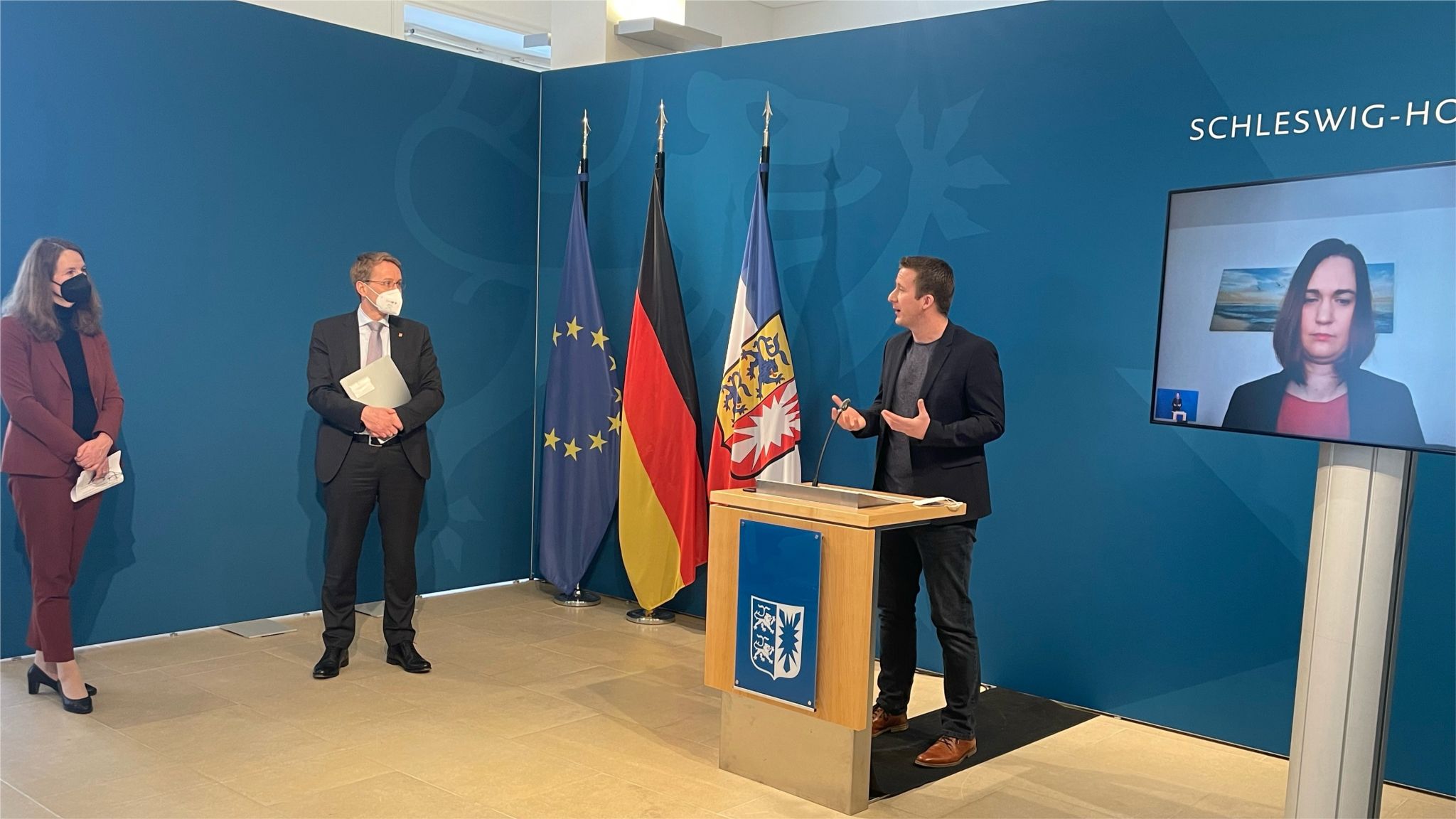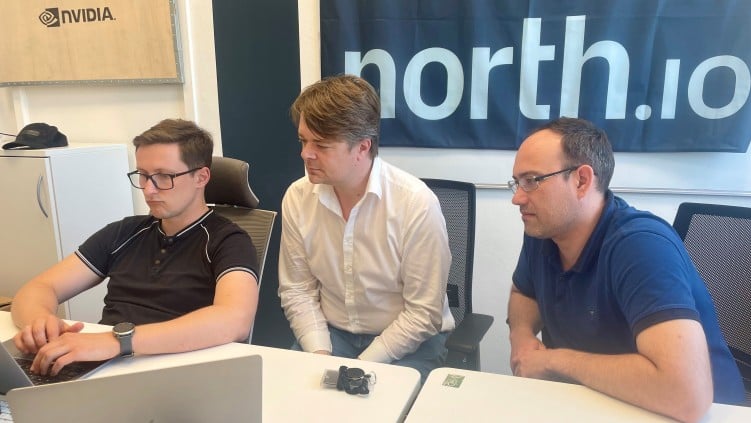Kiel: How do we protect pipelines, submarine cables, transmission routes and other critical infrastructure in the BalticSea and beyond?
This was the question that the hackathon team from north.io GmbH successfully tackled just a week ago at the DataRun 2023 by the Bundesamt für Seeschifffahrt und Hydrographie (Federal Maritime and Hydrographic Agency) in Hamburg.
Today, it's a question that was the focus of a special session at the KielSecurityConference and raised by Daniel Günther, Minister-President of Land Schleswig-Holstein in his keynote address.
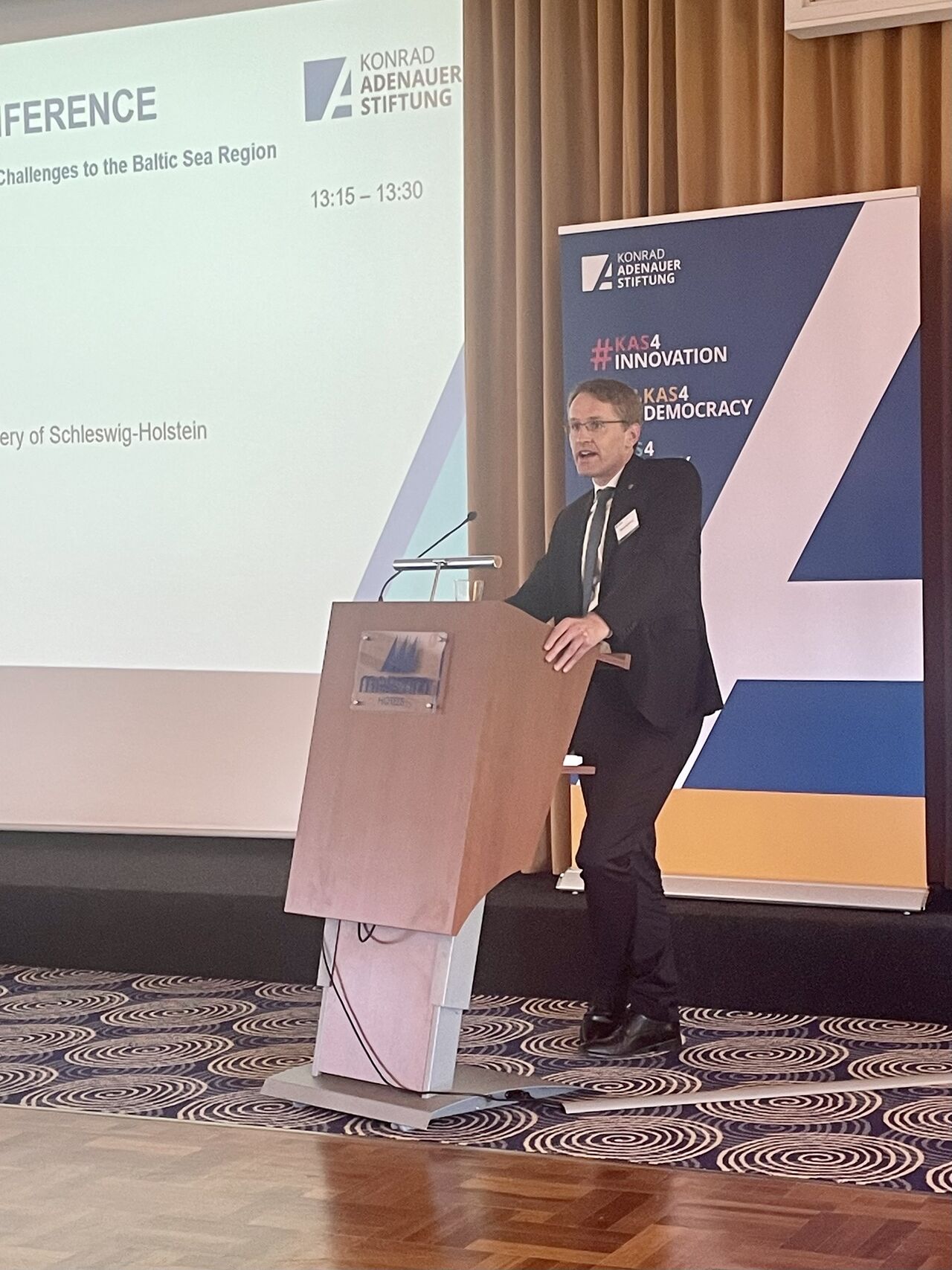
To answer it, the organisers did a commendable job of bringing together perspectives from across the armed forces, academia and industry. What has become clear is that our ability to identify and respond appropriately and quickly to threats to our critical infrastructures at sea starts with shared maritime domain awareness, which we still lack in the Baltic Sea.
Strategic thinking about maritime big data will therefore be a critical element for the security and integrity of these infrastructures, especially the sovereign sharing and integration of maritime data from a wide range of sensors and close collaboration with partners from the public and private sector.
This necessary seamless integration of a wide variety of stakeholders has been well reflected on the panel by Vice Admiral Thomas E. Ishee of the US Navy , Commodore Carsten Fjord-Larsen of the Royal Danish Navy, Robin Allers from Institutt for forsvarsstudier/Norwegian Institute for Defence Studies, Evan Fuery from Equinor and by Ferdinand Gehringer from Konrad-Adenauer-Stiftung. Thanks to the discussants for an insightful debate and to Johann Wadephul as well as the organiser Konrad-Adenauer-Stiftung Institut für Sicherheitspolitik an der Universität Kiel (ISPK) and Hermann Ehlers Stiftung & Akademie for putting this topic high on their agenda, also reflected in a recently published KAS4Security paper on "Undersea cables as critical infrastructure and geopolitical power tool".
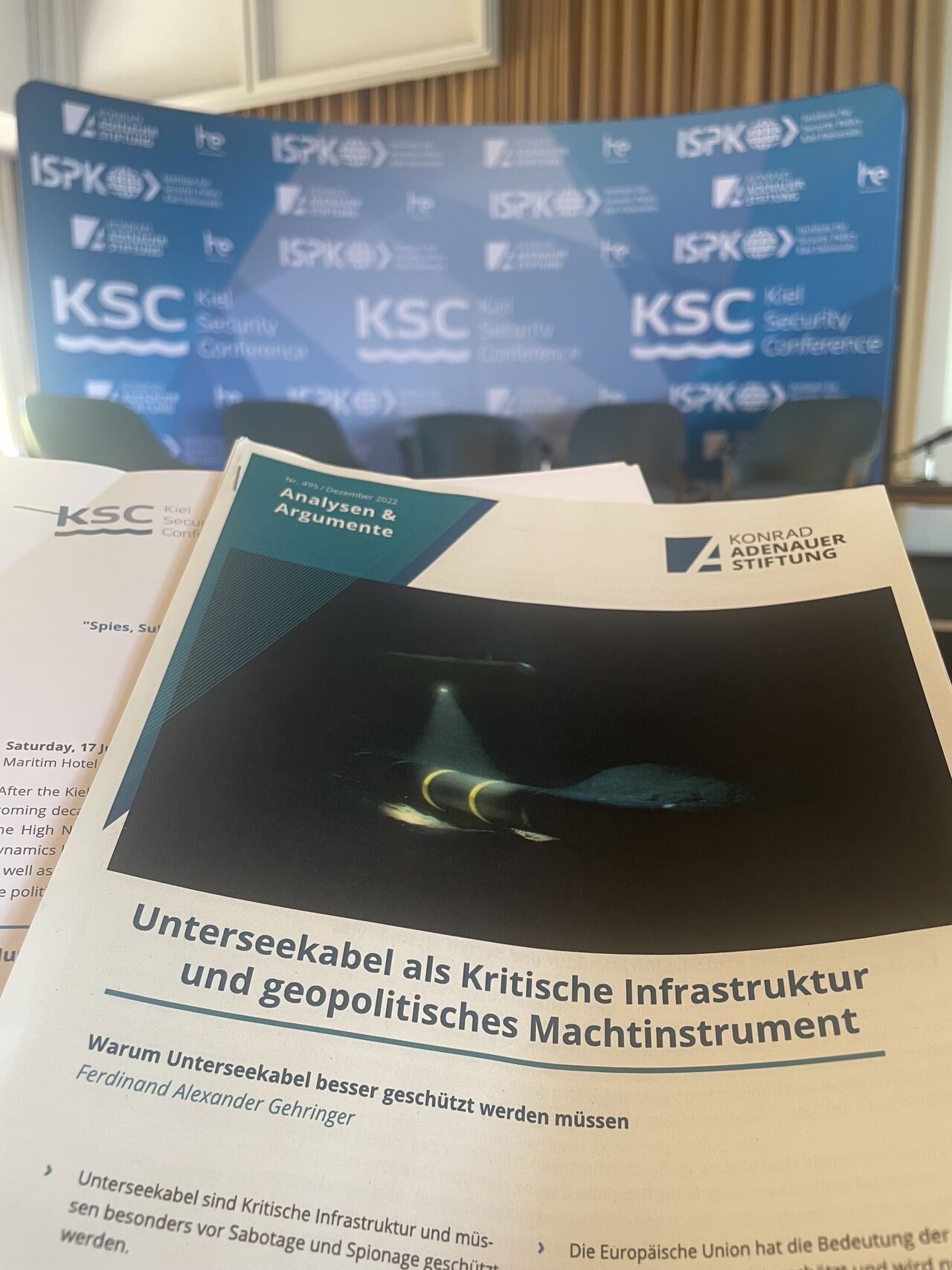
Thanks also to Julian Pawlak for the valuable exchange on the sidelines of the conference today about his new article on the subject in SIRIUS, in which he argues for a four-pronged approach to dealing with the threat to offshore infrastructure, focusing on resilience, redundancies, presence and monitoring.
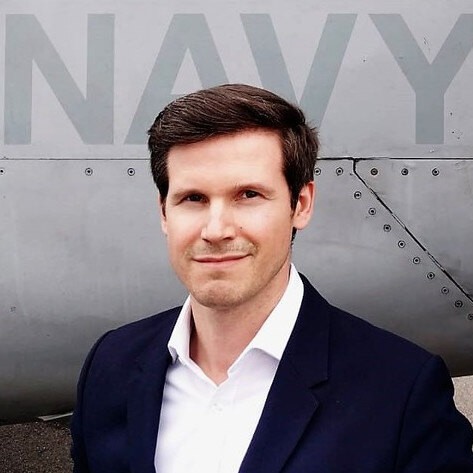 Neumann
Neumann



.png)

